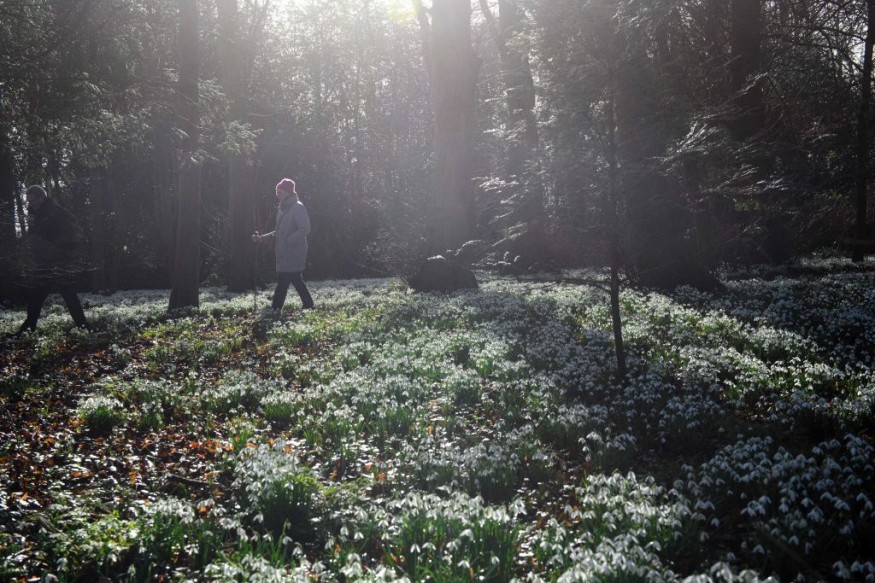Nature prescriptions that bring mental health benefits are a growing trend in the medical and healthcare industry over recent years.
The prescriptions encouraged patients who feel sick or have general health problems to use nature as a means to recover and improve their overall health.
The so-called process of "forest bathing" is one of the many types of nature prescriptions used today.
Even short-term trips out of town, specifically from urban areas and cities, can result in significant health benefits.
The growing trend also highlighted the differences between rural and urban life, and how the former yields more health benefits than the latter.
Nature Prescriptions

Doctors nowadays reportedly give advice to their patients on the health benefits of spending their time in nature.
The process of nature prescriptions emanated from our contemporary time when the luxury of attractions of an urban setting has neglected outdoor life, according to Labroots.com.
The increasing trend of nature prescriptions challenges the broader concepts of urbanization, which saw a significant increase in rural-urban migration over the past several decades.
This social phenomenon is mainly economic-driven in hopes for some people in rural areas to find greener pastures in the city.
In the medical industry, forest bathing, also called tree bathing or woods bathing, is one of the many prescriptions used in Japan that has led to a stronger and healthier immune system, as per a study published in the International Journal of Immunopathology and Pharmacology, as cited by Labroots.com.
The Challenges of Urbanization
It has been conventional knowledge that nature brings health benefits.
However, the demands of modern life and industrialization call for the imminent emergence of urbanization. Yet, there are large gaps in the health conditions between urban and rural inhabitants.
According to the World Health Organization (WHO), non-communicable diseases, injury from road traffic and other persons, and infectious diseases are the most health hazards in urban areas.
The WHO also highlighted that unplanned urbanization is detrimental to the environment and public health.
However, the WHO still stated that urbanization can still bring health and economic benefits.
This is evident as the so-called term urbanization or the process of the population shift to urban areas accelerates the economic and industrial development of a country.
Nature Health Benefits
In a recent study in Environment International, researchers support the evidence that nature brings more health benefits to people-even on little patches of nature within an urban setting.
This has been laid out in the study when the authors suggested that people living near green spaces yield health advantages, including resistance against ischemic stroke.
Green spaces within urban areas pertain to plants, trees, and other vegetation.
Furthermore, the growing trend of nature prescriptions has been proven to be effective not only against diseases but also on mental health, including depression, according to a study by Stanford researchers in the Proceedings of the National Academy of Sciences of the United States of America (PNAS).
Based on the study, the Stanford researchers claim just 90 minutes of walking in a natural area, not green spaces in an urban setting, can significantly influence the region in the brain responsible for controlling or triggering depression.
Related Article: 'Forest Bathers' Use Mother Nature to Heal, But Does It Work?
© 2025 NatureWorldNews.com All rights reserved. Do not reproduce without permission.





